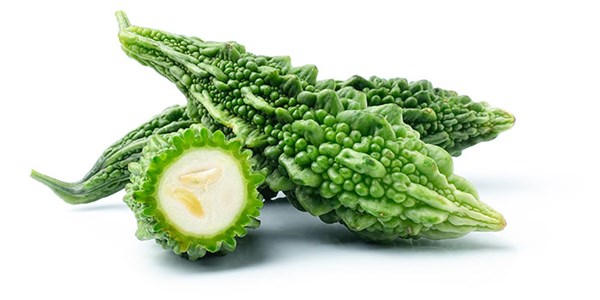Celebrities
Rujuta Diwekar Tells Us How To Eat Smarter This Monsoon
Each season brings with it a bounty of specials on the food and drinks menu. But not all of the sweets and savories measure up to our health and diet requirements. But fret not, for celebrity nutritionist Rujuta Diwekar is here to chalk out your monsoon diet down to the T! Here are 5 dos and don’ts you should keep in mind before scoffing down that plate of chai and pakora this monsoon.
-
Thumbs Up To Pakoras
If you thought you had to stay away from pakoras in order to stay fit, Diwekar is here to bust a huge myth. In a live session on her Facebook page, the nutritionist revealed that not only are monsoons the best time to consume the fried snack, but you also do not need cut back on spices and oil or resort to air-frying your pakoras. In short, have your chai and pakora as they are meant to be had – piping hot, spicy, and crispy fried. Rujuta adds that it is not wise to always rely on what the fitness industry professes and in fact feast on a variety of foods throughout the year and reap the benefits of a more wholesome and diverse diet.
-
Oil Play
While munching on pakoras is a go, it will also be beneficial to switch your regular cooking oil for a more local oil. For instance, if you are from the western part of the country, cook using filtered groundnut oil. Similarly, people from the east can go for mustard oil, while those from the south could opt for coconut oil.
-
Watch Your Greens
According to the nutrition expert, monsoons are not the best time to grow greens as the rains make the soil mushy and not ideal for vegetation. Moreover, you may also benefit from cutting back on salads, green juices, and leafy dishes. Instead, you could get your plant protein and nutrients from veggies that grown on creepers like bitter gourd and pumpkin.
-
Monsoon Staples
The season is also ideal for loading up on pulses, sprouts, and legumes. The high level of fiber in such foods and their ability to maintain insulin sensitivity make them a great dietary choice for people with diabetes, hypothyroidism, and Polycystic Ovarian Syndrome (PCOS). So hit the dal aisle to get your share of Vitamin B12, Vitamin C, Fiber, and various other essential minerals.
-
No Rain Without Grain
As for grains, the season is a good time to bring home ragi, jowar, maize or corn (so the delicious roasted bhutta is an excellent option). Although avoid mass-produced or imported grains and go for local, regional, and organic produce to keep your system healthy and happy!






















